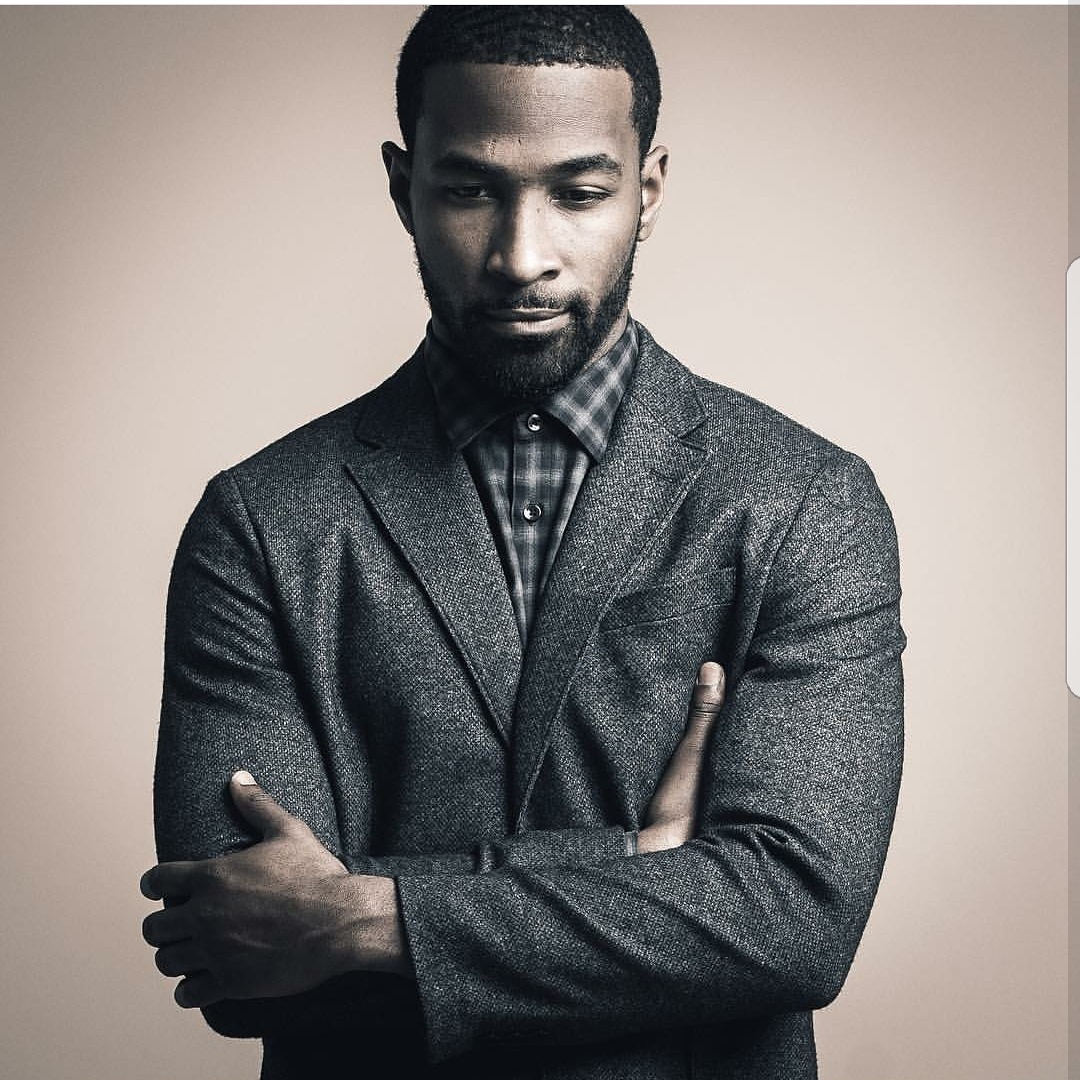The world of mental health and wellness becomes more pressing. We hear the conversations and we see the signs. Depression. Mental Health. Well being. The list goes on and on. Healing for our mental psyche becomes more and more pressing. A combination of being burned out and unfulfilled in one’s position, we have transformed into machines. We are burdened with madness, while aiming to find peace in humanity.
Vocabulary.com
vulnerability-the state of being vulnerable or exposed
*Vulnerability comes from the Latin word for “wound,”vulnus. Vulnerability is the state of being open to injury, or appearing as if you are.
In Black American communities, that conversation is becoming more prevalent. Not only is it becoming less of a taboo, but it is also being embraced. It is a great fascination, and a day when we stopped waiting to exhale. For Black American men entering, promoting, and establishing their image in the mental care movement, means that a psychological revolution has begun. For Black American men to embrace vulnerability, begins the journey of removing mental chains, to heal a distant past. And, so, one of the heroes of this task is founder of the docu-series, Can I Be Vulnerable? Black Men & Mental Health. . .BJ Williams. Let’s unpack our bag of vulnerabilities, with him!
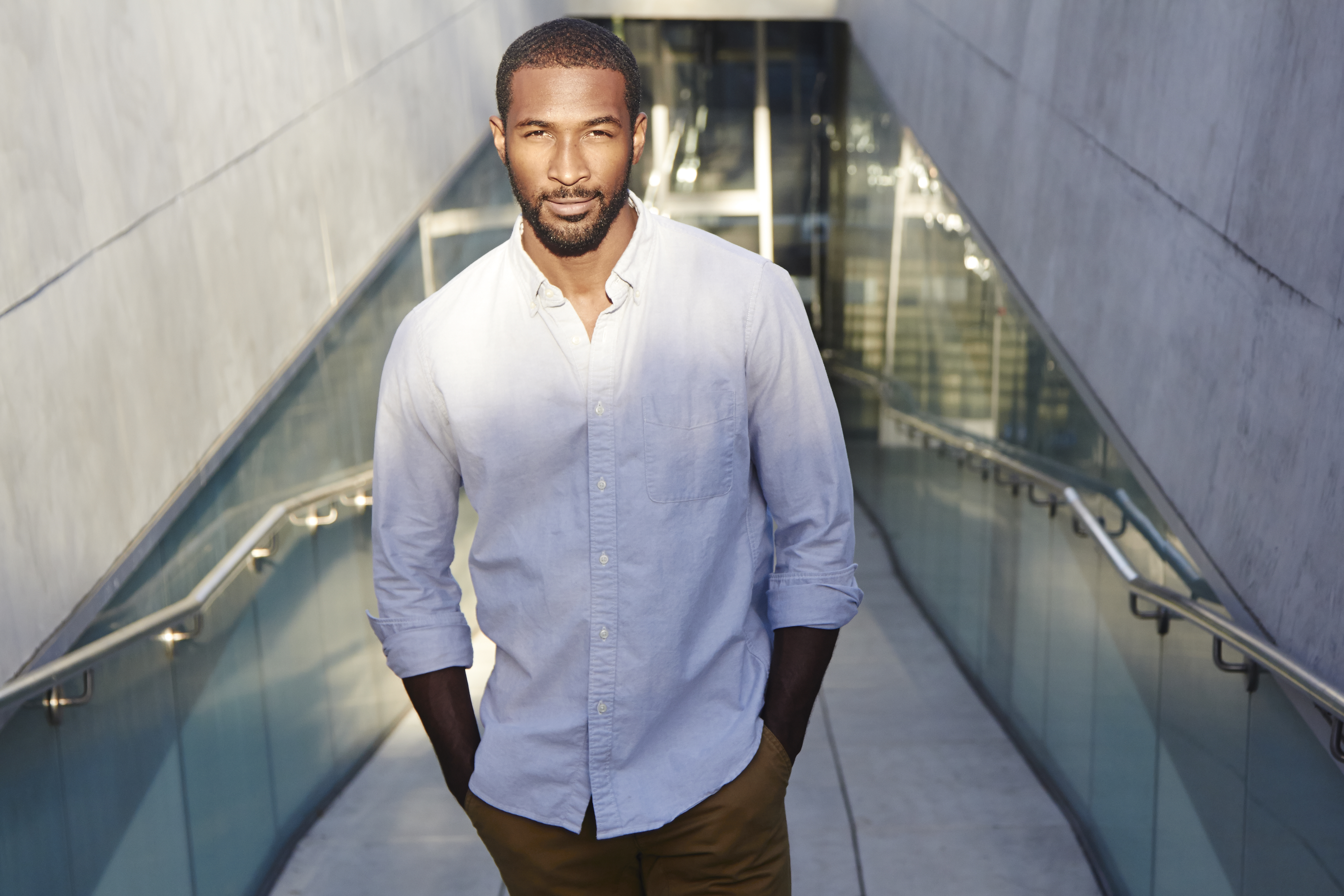
When did you first realize that Black American men were being marginalized in the mental health conversation?
November 2014
How would you convey your own personal struggle with mental health, and how did that lead to your creation of CIB Vulnerable?
I’m not sure if this is going to making sense, but I did’nt know much about my mental health struggles because mental health as a term was never really introduced to me. It’s like when you don’t know you have cancer because you’ve never gone to get a check. It wasn’t until the suicide of my older brother, couple’s therapy with an ex-girlfriend, then getting myself into therapy, was when I realized how dire my mental health condition was in. #CIBV came from me wanting to tell my journey with therapy. It grew from there as my friends asked if they could tell their stories.
Urban Dictionary
vulnerable-2 Being open, and genuine about feelings of the heart, mind, body and soul. Trust without self judgement or fear of reaction and judgement from others
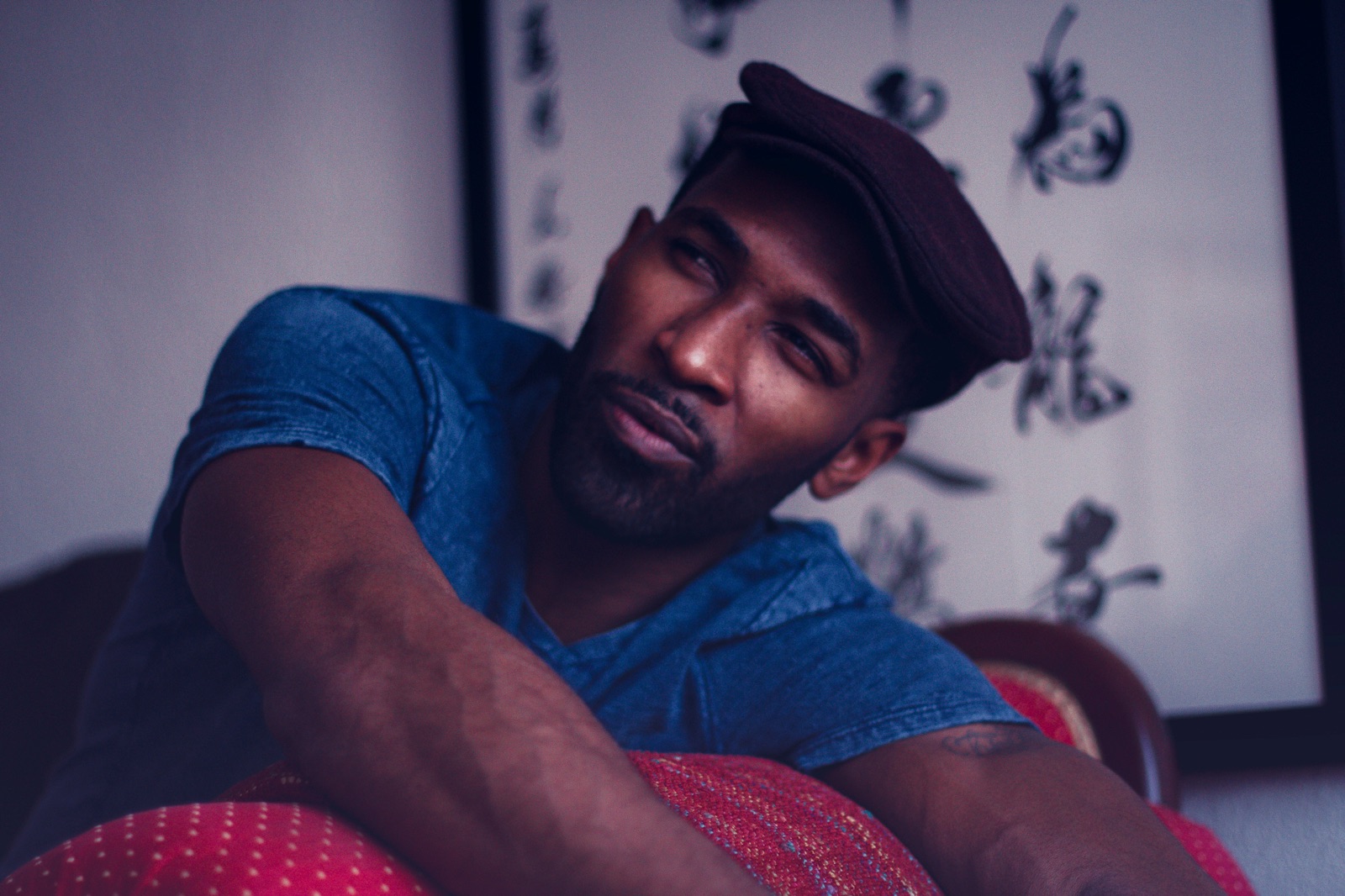
When we talk about the vulnerabilities of Black American men, we are made aware of stereotypes, which negate Black American masculinity. Those experiences which strip Black American men of their right to tune into their emotional psyche. Would you kindly speak about any childhood experiences, that you can connect to this?
I’m having a hard time with this question because my household was very open, IF we wanted to talk. The problem is my parents never taught us how to communicate our emotions effectively. They would listen if I wanted to talk, but I just didn’t know how to identify how I was feeling to tell them. With that being said, for my parents (Dad), you can’t teach what you don’t know. He’s extremely quiet and laid back, like nothing bothered him too much in life. He would always say “It’s all good B. Life goes on.” Although, it’s true, I needed to be taught how to identify and convey what I was feeling when I had an emotional moment or two.
Dictionary.com
vulnerable-2 open to moral attack, criticism, temptation, etc.
How would you comment on how initiatives for encouraging Black American men to be vulnerable, are contributing to healing from PTSD, inherent from slavery in the US? How was such passed down through generations?
It’s an amazing thing to see and be part of. Breaking generational curses/cycles is long overdue. I’m just excited that it is coming to the forefront of conversations in the Black community.
Reverting to the previous question, how do you feel that emotional entrapment, placed on Black American men, to not be vulnerable (thus, being emotionally open about their feelings), hurts their relationships with Black American women-the Maiden and Mother images of their communities?
Hurt people hurt people. It’s very difficult to have healthy relationships with the women in our lives when we ourselves are in a constant state of turmoil within ourselves.
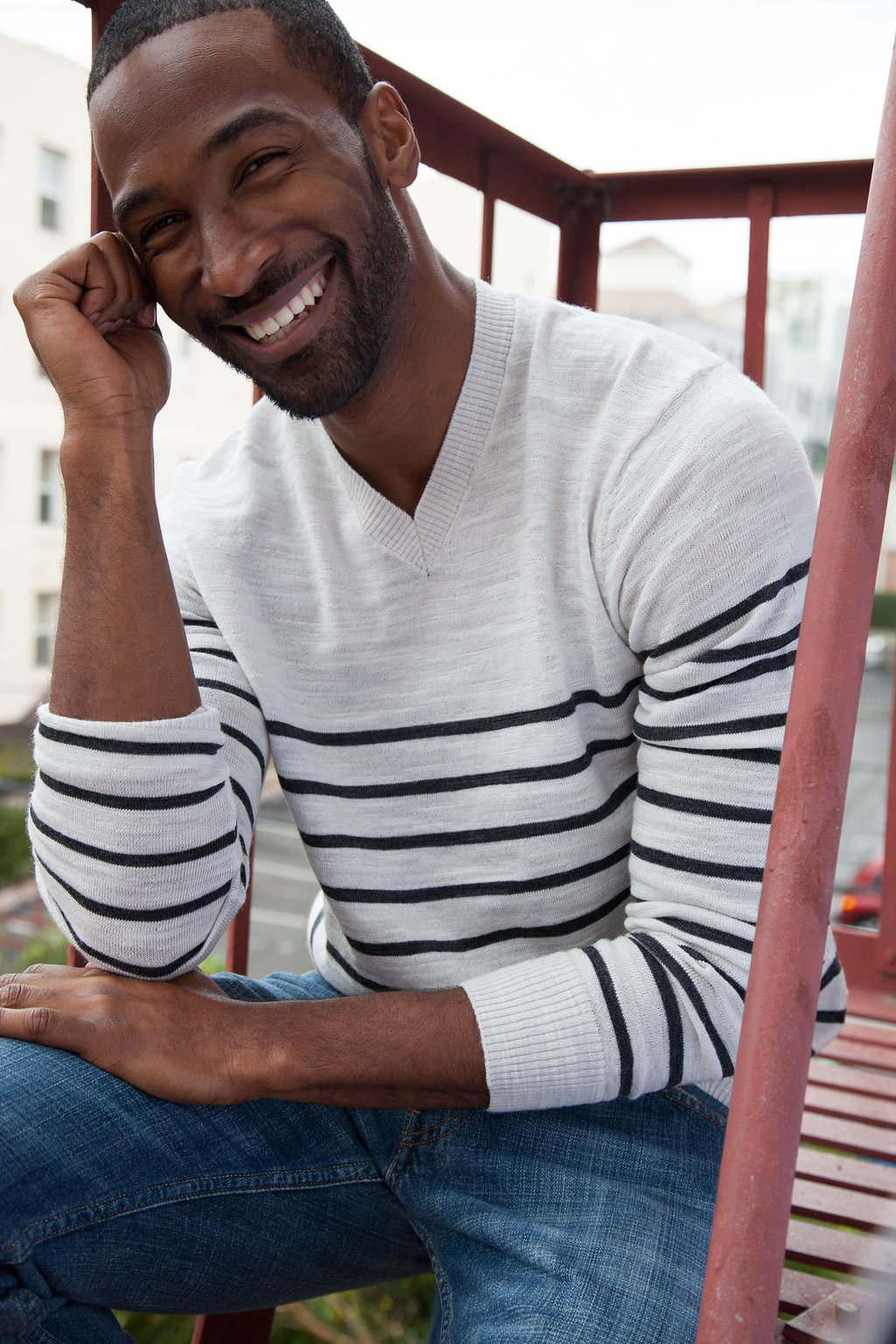
If you were to tell the story of your own, personal, mental health journey, as a Black American man in the US, what would it be? How did it triumph?
A couple who loved each other recognized love wasn’t enough to keep a healthy relationship strong. She suggest they go to couple’s therapy. Much to the the man’s hesitation, he agrees to help them help their relationship with a professional. In one session the man realized there was no way he could fully be for his woman, when he himself had major issues that had nothing to do with his relationship, but would manifest itself in ways that sabotaged it. That following session the man left that relationship and found himself a therapist. Although the relationship never re-kindled, the man found himself healing from past traumas, making the relationships around him better. That man wanted to share his story of healing, growth with the world, and encouraged them to share theirs with him. End. . .
Merriam-Webster-1 capable of being physically or emotionally wounded
Give us a glimpse about “Can I Be Vulnerable.” When did it start? What life changing incidents are part of creating “Can I Be Vulnerable”?
#CIBV started July 15, 2018. The catalyst was my older brother dying by suicide. In telling that incident, more instances of death kept coming up, including my Mom passing when I was 16.
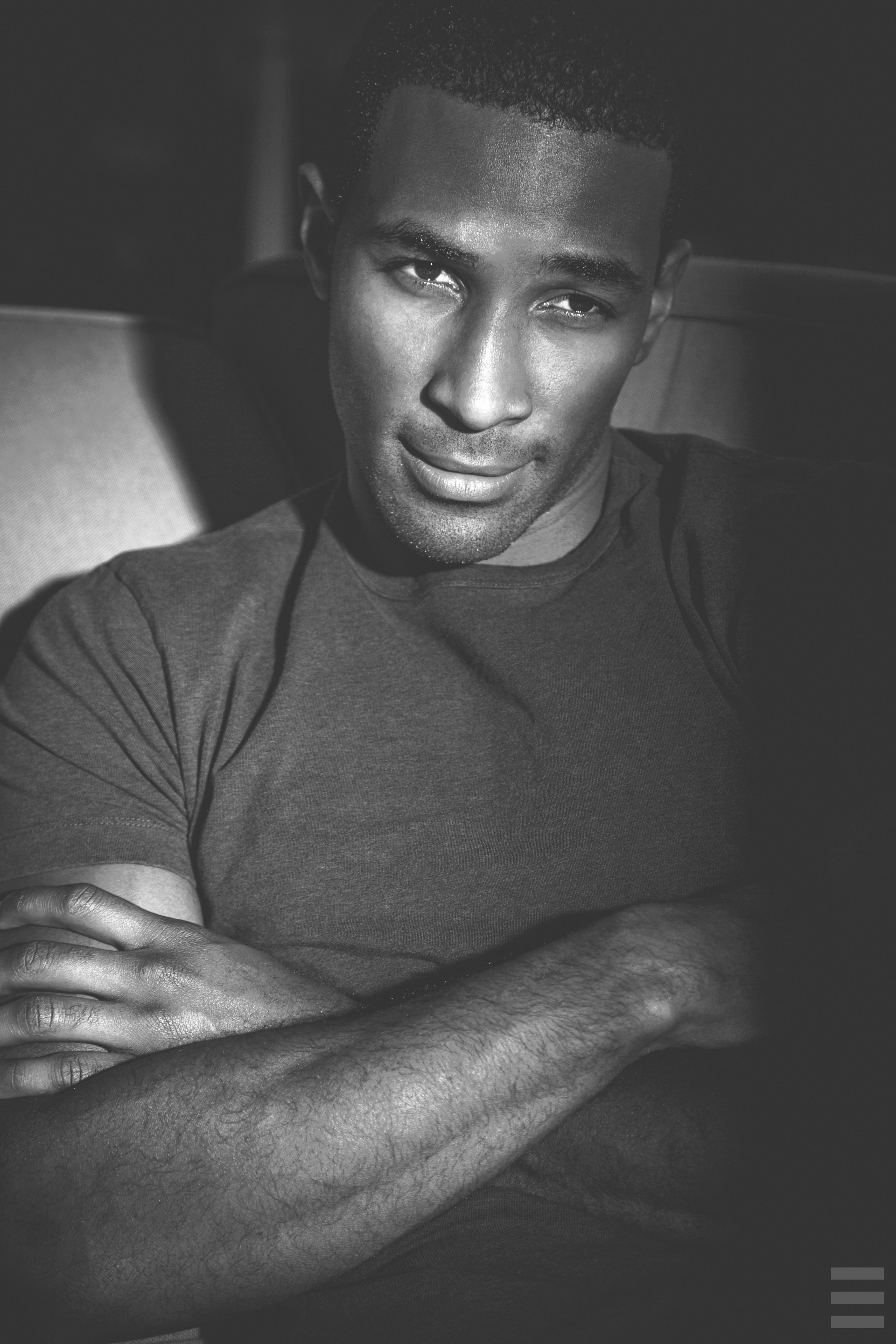
Have you ever thought about connecting with your creative or spiritual side; and incorporating that into the “Can I Be Vulnerable” movement?
No, #CIBV is creative and spiritual as it is. No need to do anything different at this point.
Kindly take us on a journey regarding how “Can I Be Vulnerable” is creating safe spaces within Black American communities, for Black American men to experience mental and emotional healing.
#CIBV is not a safe space. #CIBV is a brave space. It’s simply a docu-series, where Black men share a personal story, that they’ve seldom told anyone else. The alumni were/are brave enough to let me share their peresonal struggles, journeys, vulnerabilities, triumphs, etc. with the world.
Cambridge Dictionary
vulnerable-2: able to be easily physically, emotionally, or mentally hurt, influenced, or attacked
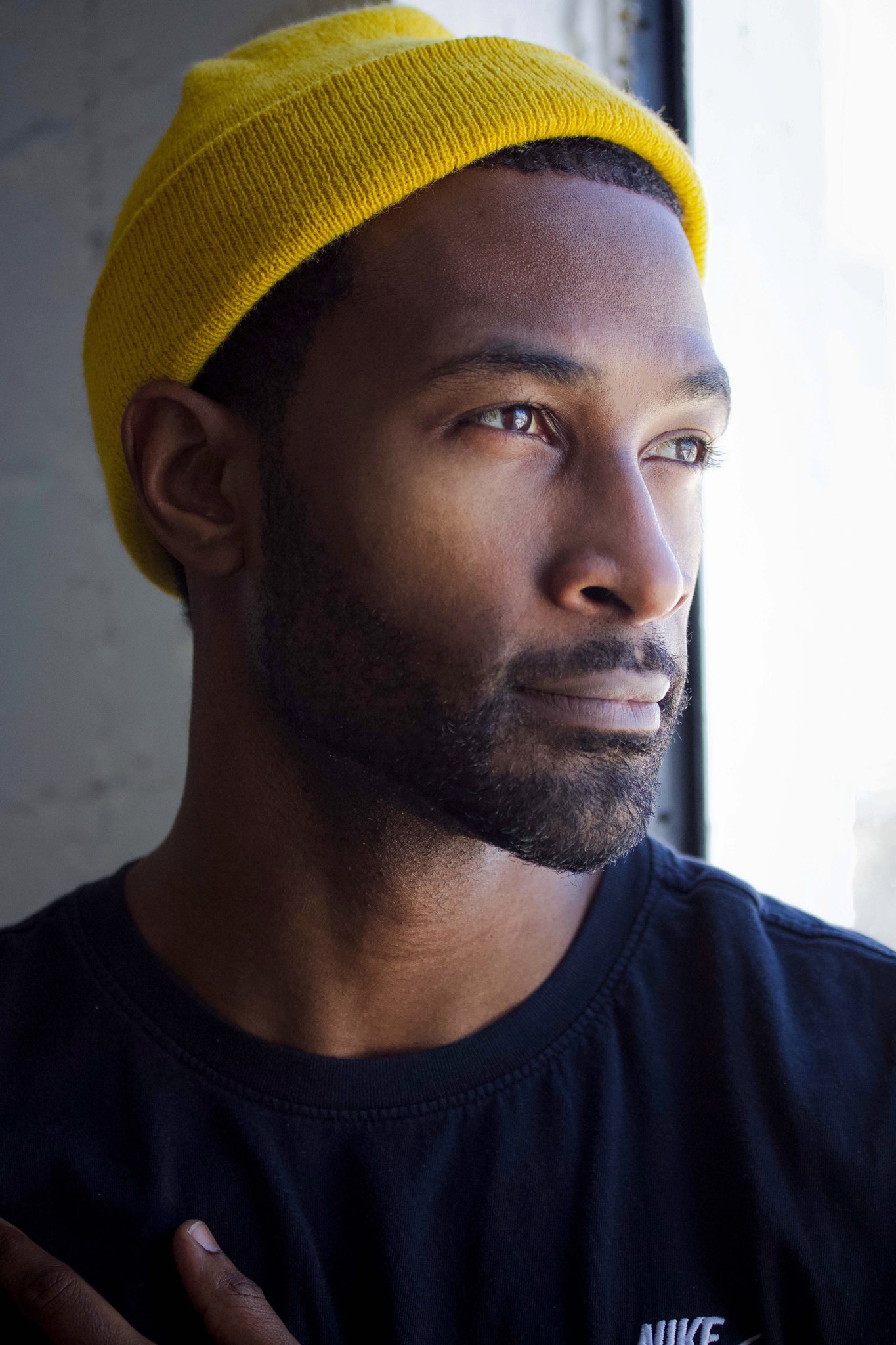
Mom, Dad, may we be vulnerable? If only it were so easy. If only we knew what that meant, at a very young age. Nevertheless, it is never too late to tell that story-a vulnerable story, to be exact. The fascination of the #CIBV docu-series (and all that comes with it), is that Black American men become in charge of telling their perceptions of Black American masculinity. Forget mainstream stereotypes, faux fantasies, and mythical expectations. In this narrative, they are in charge of reflections on their masculinity. Giving it a truthful, and more humane touch! Opening up, and allowing themselves, to be exposed. Revealing the colors of their Spirit, while baring emotional scars. A long way from traditional, hypermasculine perceptions of their Being. Through #CIBV, a restoration of Black American men’s humanity takes shape. The stories grow longer and the docu-series grows stronger. From around the country, the tales are told. And, finally, may those vulnerabilities. . .unfold.


